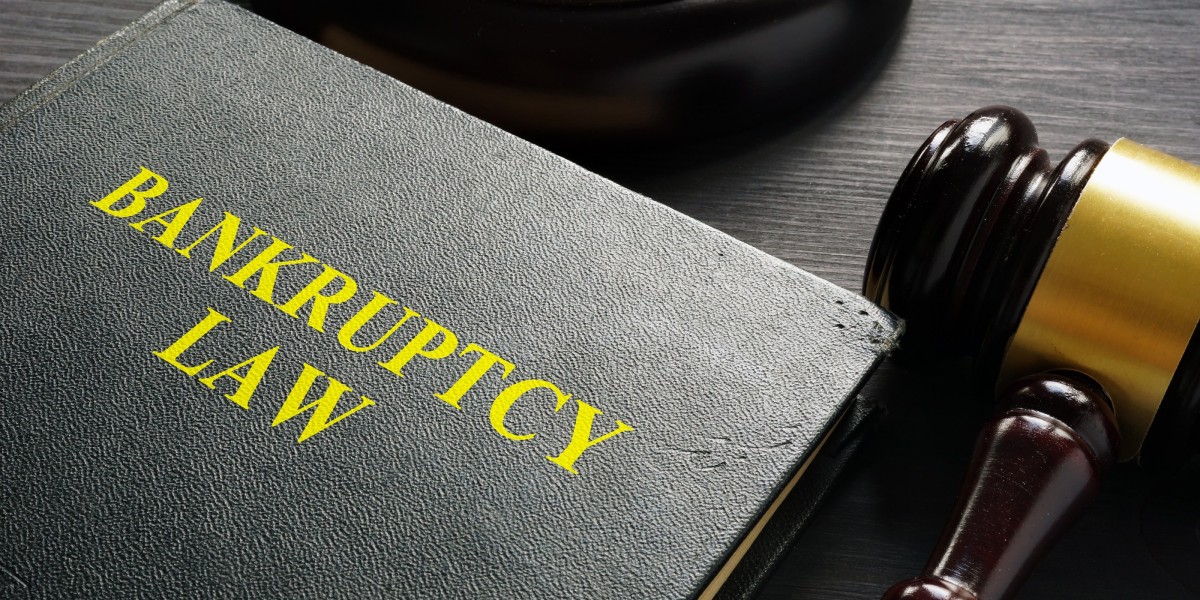Facing bankruptcy can be a stressful and overwhelming experience, especially when you have valuable assets like your home at stake. For Denver residents, understanding how to protect your home during bankruptcy is crucial to ensuring that you can retain your property while navigating financial difficulties. This guide provides legal strategies and advice for safeguarding your Denver home during bankruptcy proceedings, helping you to make informed decisions and achieve the best possible outcome.
Understanding Bankruptcy and Home Protection
Overview of Bankruptcy Types
When filing for bankruptcy, it’s important to understand the different types available and how they affect your ability to protect your home:
Chapter 7 Bankruptcy: This type of bankruptcy involves liquidating non-exempt assets to repay creditors. In Denver, Colorado, the exemptions under Chapter 7 include certain protections for your home, but the specific rules can affect your situation depending on your equity and the value of your property.
Chapter 13 Bankruptcy: Chapter 13 involves reorganizing your debts into a repayment plan that lasts three to five years. This type often provides more flexibility in protecting your home, as you can catch up on missed mortgage payments over the course of the repayment plan.
Understanding how each bankruptcy type interacts with your home is essential for implementing effective protection strategies.
Legal Strategies to Protect Your Home
Utilize Colorado’s Homestead Exemption
Colorado law provides a homestead exemption that can protect a portion of the equity in your primary residence from creditors:
Homestead Exemption Limits: As of 2024, Colorado’s homestead exemption allows homeowners to exempt up to $75,000 of equity in their home if single, and up to $150,000 if married. These amounts are adjusted periodically, so it's important to verify the current limits.
Application of Exemption: To protect your home, ensure that your equity in the property does not exceed the exemption limit. If your equity is within the exemption limit, you can retain your home through Chapter 7 bankruptcy. If the equity exceeds the limit, you may need to address the excess in your bankruptcy plan.
Consider Chapter 13 Bankruptcy
Chapter 13 bankruptcy offers several advantages for protecting your home:
Repayment Plan: Under Chapter 13, you can propose a repayment plan that includes arrears on your mortgage. This allows you to catch up on overdue payments over a period of three to five years, preventing foreclosure.
Avoiding Foreclosure: Chapter 13 can halt foreclosure proceedings through the automatic stay, giving you time to reorganize your finances and make up missed payments. This is particularly useful if you’re behind on your mortgage but want to keep your home.









